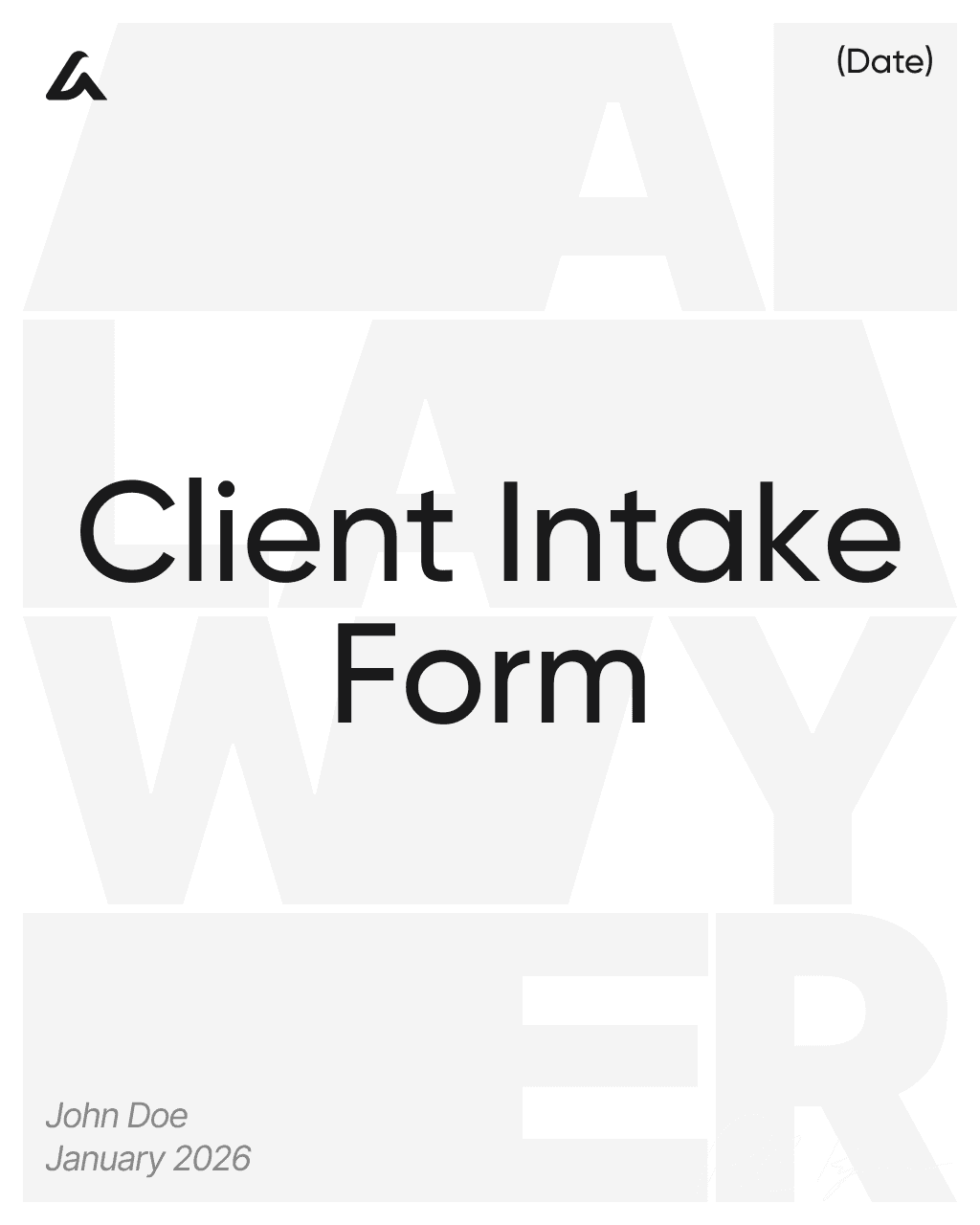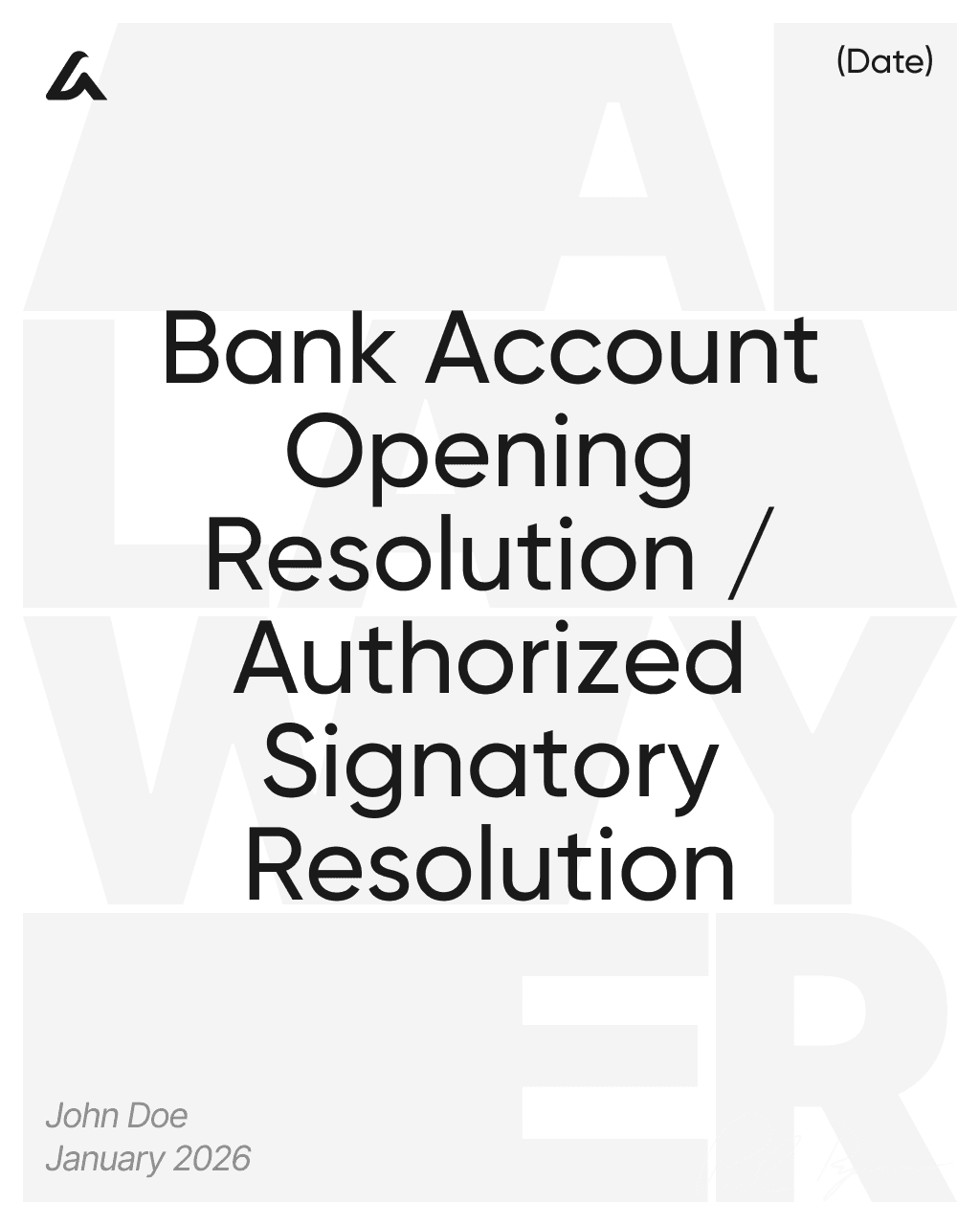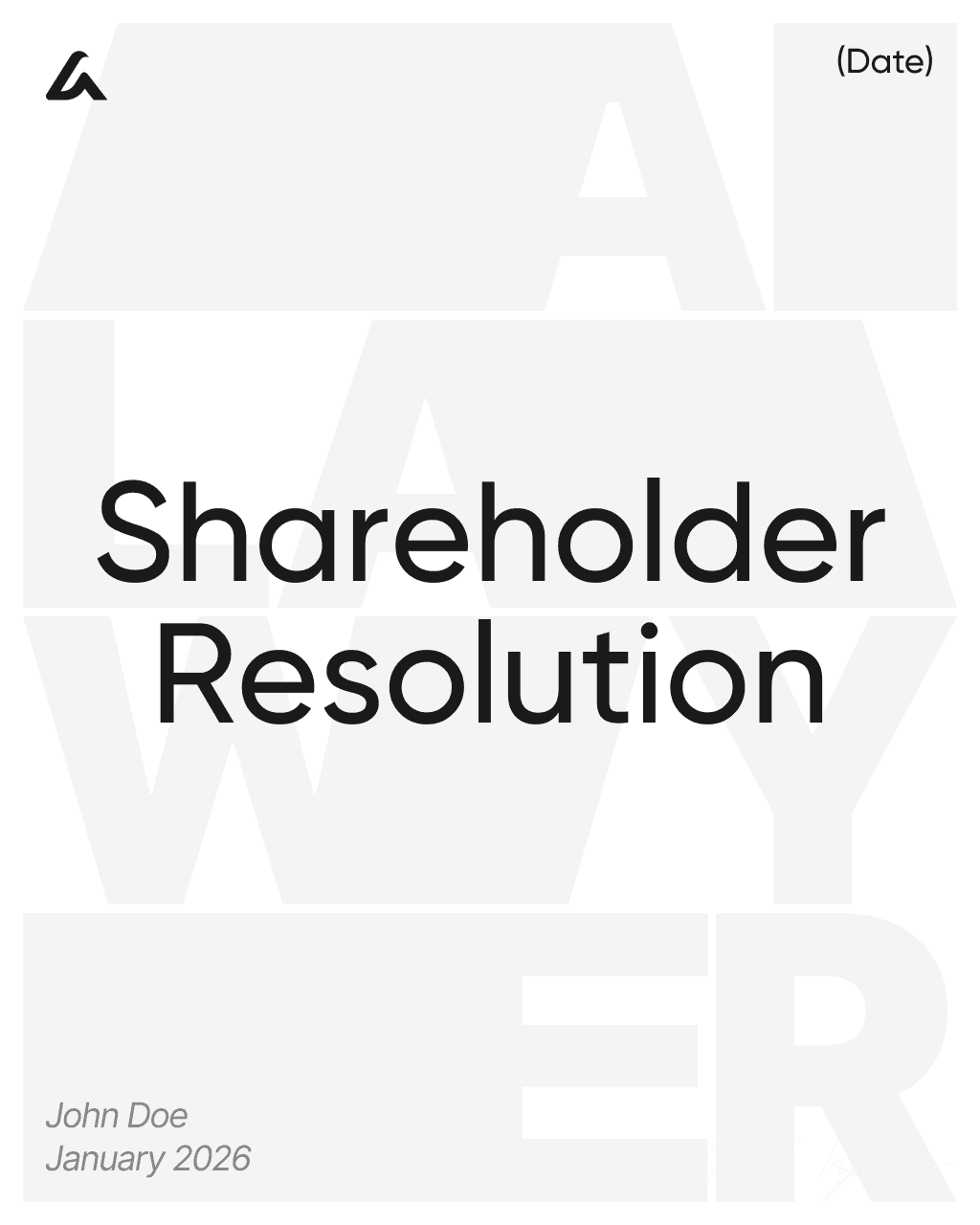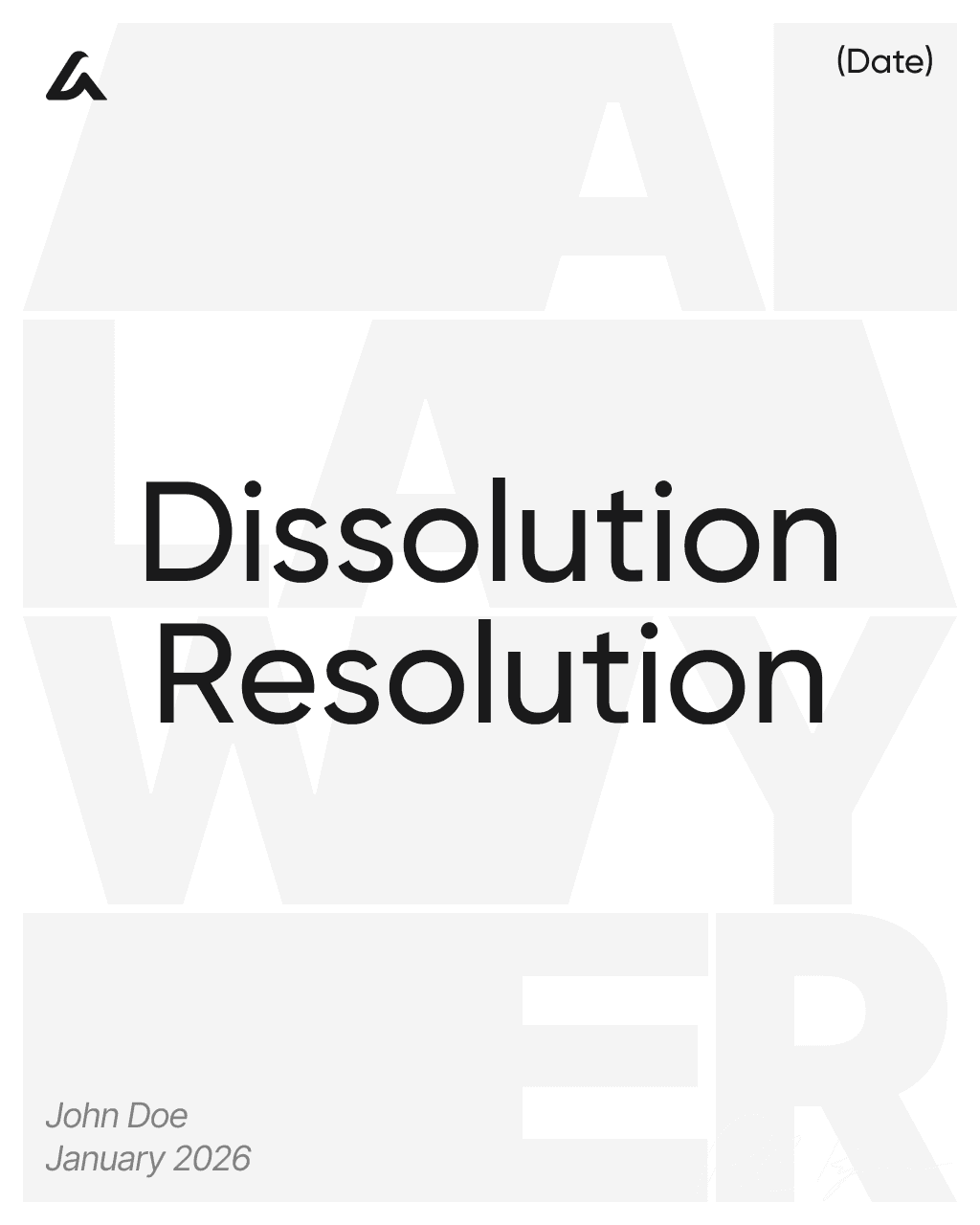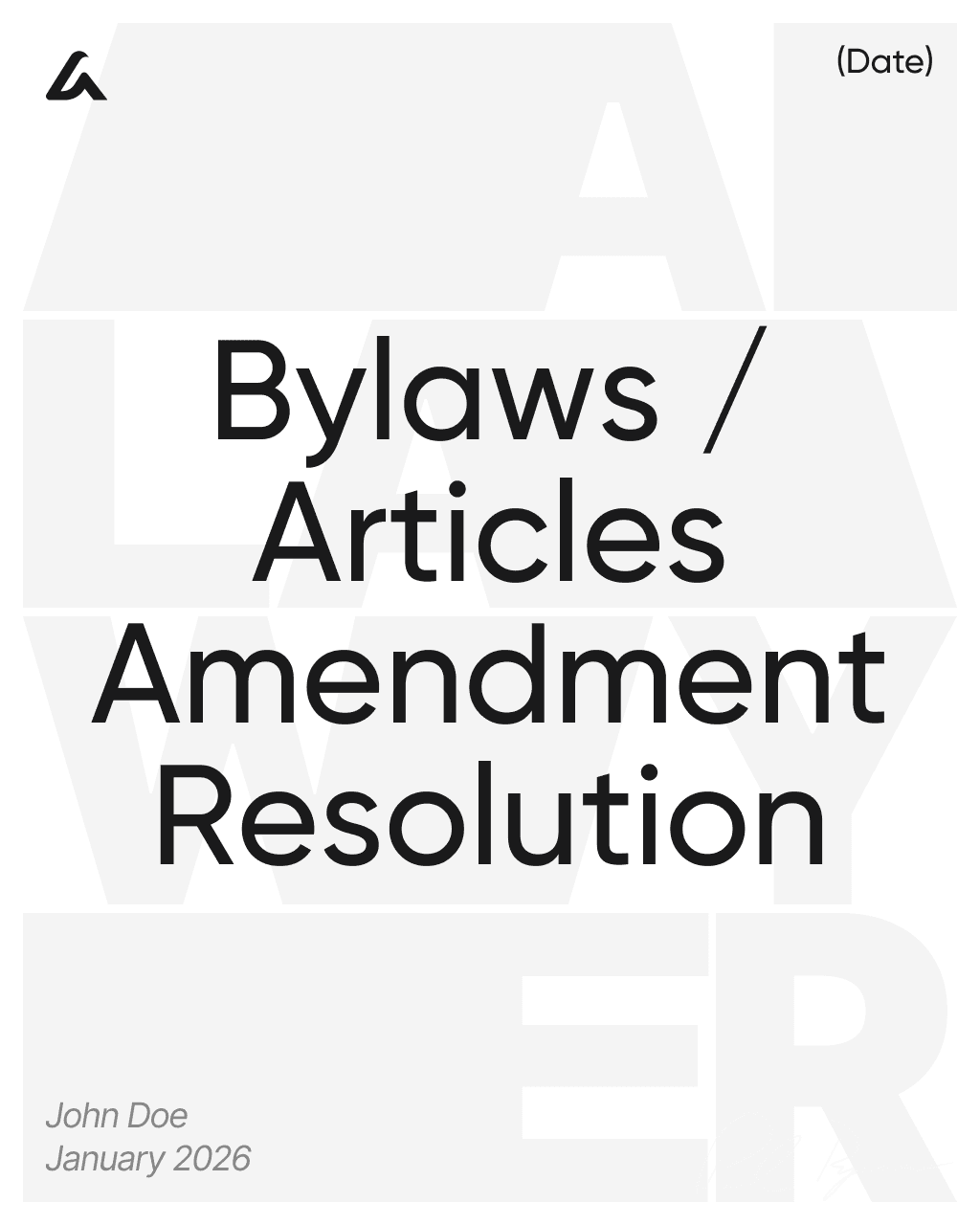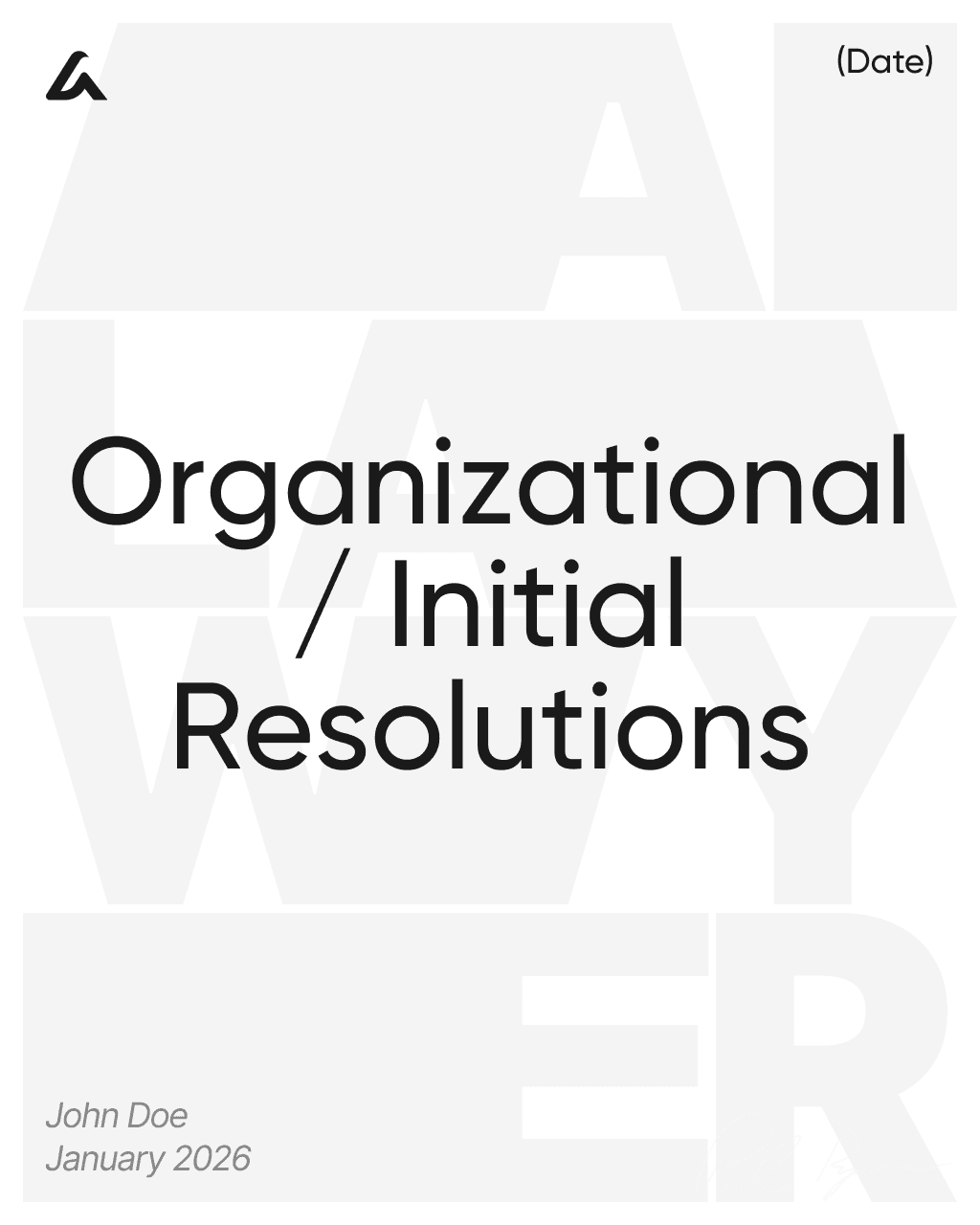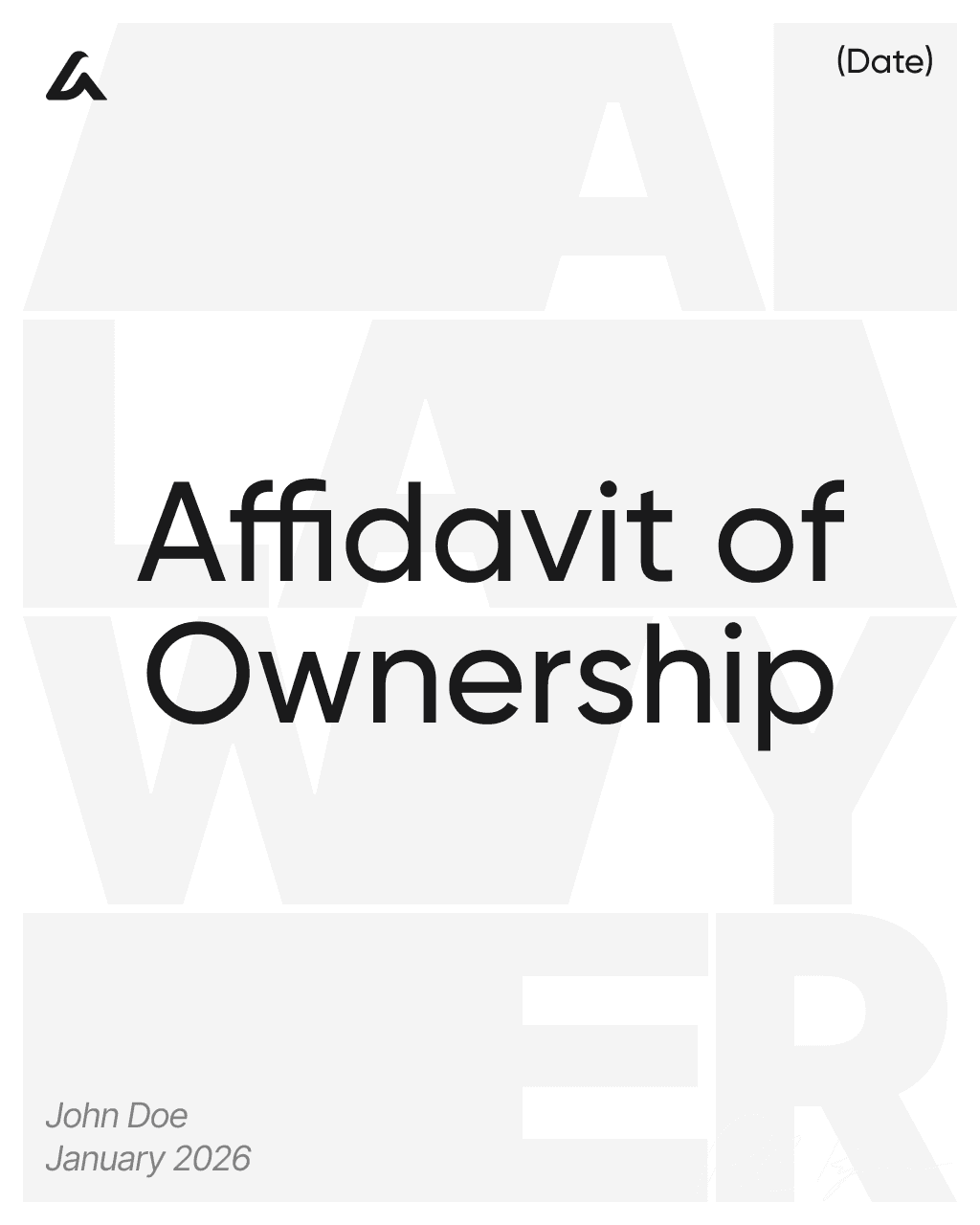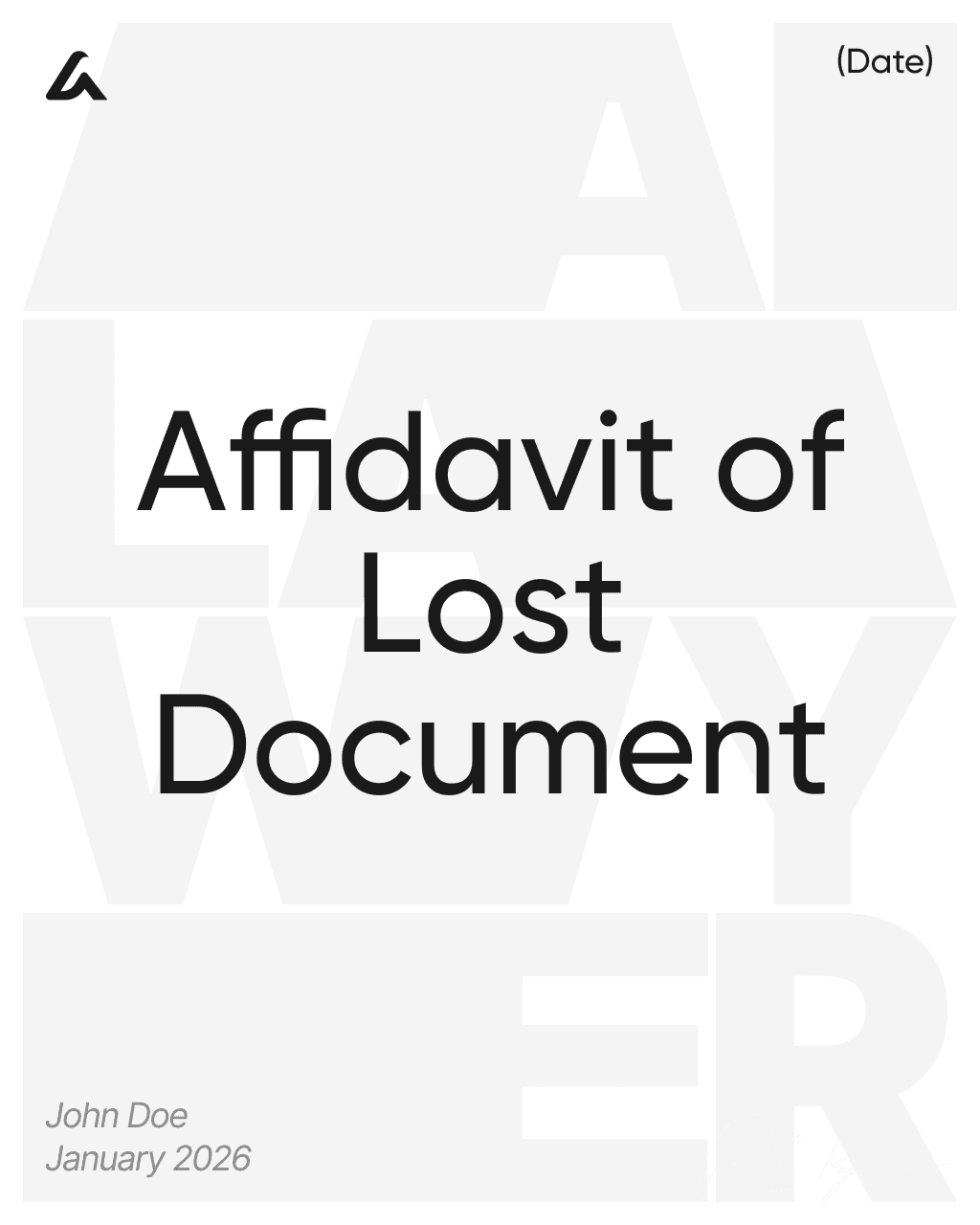Free template
Business Sale Agreement Template: Price, Assets & Closing New York
Business Sale Agreement Template: Price, Assets & Closing New York
Download template
Business Sale Agreement
This Business Sale Agreement (“Agreement”) is entered into on [Date], by and between:
Seller: [Full Legal Name / Company Name], with a principal place of business at [Address], hereinafter referred to as the “Seller.”
Buyer: [Full Legal Name / Company Name], with a principal place of business at [Address], hereinafter referred to as the “Buyer.”
The Seller and the Buyer may be referred to individually as a “Party” and collectively as the “Parties.”
1. Transaction Overview
Buyer will purchase from Seller the business identified as [Business Name], located at [Business Address], as detailed in Schedule A.
2. Consideration; Deposit; Closing Funds
Purchase price: $[Amount]. Deposit: $[Amount] at signing, non‑refundable except as stated in Section 9. The balance will be wired at Closing on [Closing Date].
3. Earn‑Out (if applicable)
An earn‑out of up to $[Amount] may be payable based on revenue/EBITDA targets during [X] months post‑Closing, calculated and paid as set forth in Schedule B.
4. Included/Excluded Assets; Assumed Liabilities
Assets conveyed are listed in Schedule A; excluded assets appear in Schedule C. Buyer assumes only liabilities set forth in Schedule D; all others are retained by Seller.
5. Financial Statements and Access
Seller has provided Buyer access to books and records reasonably necessary for evaluation. Pre‑Closing financial statements, if any, are summarized in Schedule E.
6. Required Consents and Assignments
Contracts requiring consent are listed in Schedule F. The Parties will cooperate to obtain consents; interim solutions may be used pending final approvals.
7. Transition Support and Training
For [X] weeks after Closing, Seller shall provide training and introductions to key partners and customers per a plan in Schedule G.
8. Representations; No Undisclosed Liens
Seller represents good title to assets and the absence of undisclosed liens. Buyer represents financing capability and due authorization to enter this Agreement.
9. Termination; Deposit Treatment
If Closing conditions are not met by [Long‑Stop Date], either Party may terminate as provided herein. Deposit will be [refundable/non‑refundable] pursuant to Schedule H.
10. Indemnities; Cap and Basket
Indemnification applies for breaches and specified matters, subject to caps/baskets in Schedule I and time limits in Schedule J.
11. Restrictive Covenants (optional)
Seller agrees to non‑competition and non‑solicitation for [Term] within [Geographic Area], as detailed in Schedule K.
12. Governing Law; Venue
This Agreement is governed by the laws of [New York]. Venue shall be the courts of [County], New York, unless otherwise agreed.
13. Entire Agreement; Amendments
This Agreement with Schedules A–K constitutes the entire understanding and may be modified only by a signed writing.
Signatures
Seller:
Signature: _______________________ Date: __________
Name/Title: ______________________
Buyer:
Signature: _______________________ Date: __________
Name/Title: ______________________
Flash deal
Flash deal
Today
Today
No time to fill it up? Generate your custom agreement with AI Lawyer in seconds
What’s Included
Legal Research
Legal Research
Legal Research
Contract Drafting
Contract Drafting
Contract Drafting
Document Review
Document Review
Document Review
Risk Analytics
Risk Analytics
Risk Analytics
Citation Verification
Citation Verification
Citation Verification
Easy-to-understand jargon
Easy-to-understand jargon
Easy-to-understand jargon
Details
Learn more about
Business Sale Agreement Template: Price, Assets & Closing New York
Click below for detailed info on the template.
For quick answers, scroll below to see the FAQ.
Click below for detailed info on the template.
For quick answers, scroll below to see the FAQ.
New York Business Sale Agreement FAQ
What is a Business Sale Agreement?
A Business Sale Agreement is a legally binding contract that sets the terms for transferring ownership of a business from the seller to the buyer. It clearly states what exactly is being sold — such as equipment, inventory, intellectual property, or customer contracts — and whether any liabilities or debts are included. The agreement also outlines the purchase price, payment method, and closing conditions, so both sides understand their obligations.
When to use a Business Sale Agreement?
You should use a Business Sale Agreement any time a business — or major parts of it — is being sold or transferred. This includes selling an entire business, specific assets, or even just the rights to operate under the current brand. It’s important whether the deal involves a large company or a small, privately-owned business.
Using a Business Sale Agreement ensures that both the buyer and seller clearly understand what is included in the sale, how and when payment will be made, and what each party is responsible for before and after the transaction. It helps prevent misunderstandings and protects both sides if any issues arise later.
What should be included in a Business Sale Agreement?
A Business Sale Agreement should include all important terms of the sale so that both parties are legally protected and fully understand the transaction. Key elements typically include:
Buyer and seller information — legal names, business addresses, and authorized representatives
Description of what is being sold — specific assets, inventory, intellectual property, customer lists, equipment, or goodwill
Purchase price and payment terms — total price, due dates, deposit, and payment method
Transfer date — when ownership officially changes hands and who is responsible for the business before and after closing
Liabilities and debts — whether the buyer is taking over any business obligations
Representations and warranties — assurances about the business’s financial condition and legal compliance
Confidentiality and non-compete terms — protecting the value of the business after the sale
Closing conditions — actions required before the deal can be finalized
Dispute resolution — what happens if a disagreement arises later
Signatures of both parties — making the agreement legally enforceable
Can a Business Sale Agreement be changed after signing?
Yes. A Business Sale Agreement can be changed after signing, but only if both the buyer and the seller agree to the modification in writing. Any change must be documented in an amendment that is signed by both parties to ensure it is legally enforceable.
You cannot simply update the contract verbally or make changes on your own — written consent is required to avoid disputes and to ensure that the updated terms are valid if the agreement is ever reviewed in court.
Who is responsible for business debts after the sale?
Responsibility for outstanding debts depends on how the transaction is structured in the Business Sale Agreement. In an asset sale, the buyer usually only assumes the specific liabilities that are clearly listed in the agreement, meaning any remaining debts typically stay with the seller. In a stock sale, however, the buyer takes over the entire business entity — including all its existing debts and obligations, disclosed or undisclosed.
Because of this difference, it’s essential that the agreement explicitly states which liabilities transfer and which do not. Thorough due diligence also helps ensure both parties fully understand the financial responsibilities involved before finalizing the sale.
Similar templates
Other templates from
Business Document
Money back guarantee
Free trial
Cancel anytime
AI Lawyer protects
your rights and wallet
Money back guarantee
Free trial
Cancel anytime
AI Lawyer protects
your rights and wallet
Money back guarantee
Free trial
Cancel anytime
AI Lawyer protects
your rights and wallet
Money back guarantee
Free trial
Cancel anytime














































